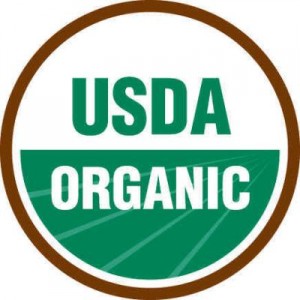What is natural living?
| February 23, 2012 | Posted by eryn under Natural Living, Organic |
Of course, completely avoid all manmade products would be virtually impossible if you participate in modern society, so I’m not trying to suggest that we live in a house devoid of plastics and chemicals. We have phones and computers, we drive cars and we buy foods that are often packaged in plastic. But given the choice between a shampoo with a list of 10 ingredients that all have funny sounding names that I can’t pronounce and one with a handful of ingredients that I recognize, I’m going to choose the latter.
Another important thing to note is that not everything that is manmade is inherently bad, just like not everything in nature is inherently good for you. Obviously, there are many products made from plastics and other manmade materials that serve a valuable purpose (my computer and phone come immediately to mind). There are other products where it simply wouldn’t make sense to have them made out of natural products even if they existed (can you imagine a a bicycle helmet made out of wood or, heaven forbid, glass? Yikes!). There are also some natural products that we try to avoid. Lavender and tea tree oils come immediately to mind because of a 2007 study published in the New England Journal of Medicine that suggested they can lead to breast growth in boys. That’s just one study, so it’s far from definitive, but I really don’t want my son to end up with breasts, so we avoid these ingredients whenever practical.
Finally, no discussion of natural living would be complete without mentioning the word organic. If something is produced organically, that means it was produced without the use of synthetic fertilizers, sewage sludge or genetic engineering. The use of the term “organic” is regulated by the USDA, so for the most part you want to keep a lookout for the official USDA organic seal to ensure that you are buying an organic product. When this seal appears on a product, that means at least 95 percent of the ingredients have been certified organic. You can read more about this here. A good exception to this rule would be if you are buying products from a local farm at a farmstand or farmer’s market. Certification costs money and many small farmers do not have or want to dedicate money to this process, but they may still raise their crops organically. In this case, it may still make sense to buy an organic product, even if it isn’t officially certified. The great thing about buying locally from a farmstand or farmer’s market is that you can talk face-to-face with the farm’s representatives or the farmers themselves and make your own decision about their products.
What role does natural living play in your life? What organic products do you buy?




![MP900289057[1]](http://ournaturaljourney.com/wordpress/wp-content/uploads/2012/02/MP9002890571-300x197.jpg)

